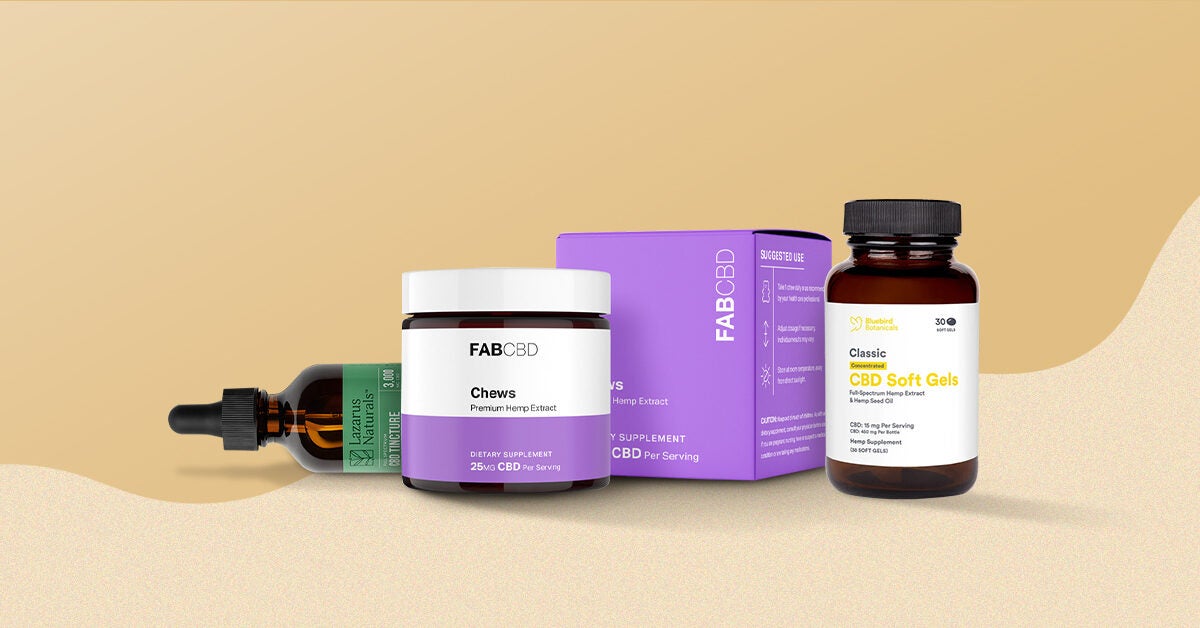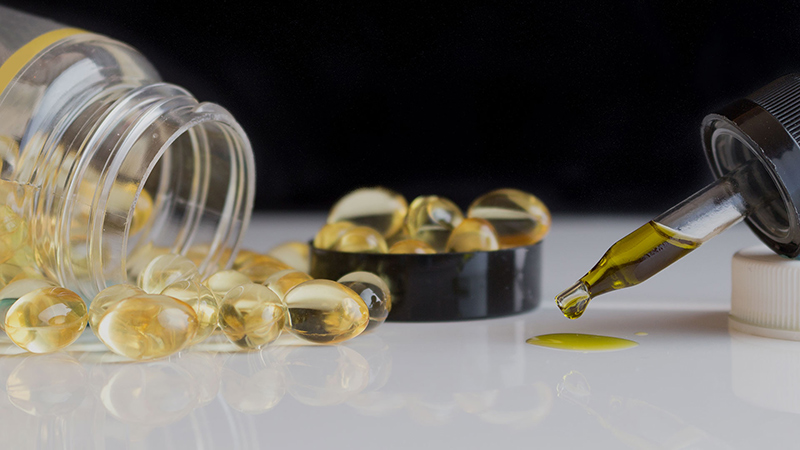
Hempvana, a pain relief company, uses cannabis Sativa seed in its products. These products aren't covered by any health insurance. This is a major problem for back pain sufferers who might be experiencing severe sleep deprivation. This blog post was created by the company to help people with back pain.
Hempvana can be used as a pain relief product.
Hempvana offers a wide range of pain relief products to help with chronic pain. The creams and gels from the company are well-researched to relieve inflammation and pain. They are safe, non-addictive, and they don't cause any side effects. This makes them an excellent choice for those suffering from a variety of conditions.
The company's Pain Relief Cream contains a potent blend of trolamine salicylate and hemp seed oil to provide fast and effective pain relief. It is faster than oral medication and does not cause liver damage. The cream can also be used to relax muscles.
It uses cannabis Sativa seed.
Hempvana, a product line made from cannabis sativa plants to create natural, therapeutic pain medication, is called Hempvana. It is free of parabens, phthalates, gluten, and cruelty and legal in all 50 US states. It also contains cold-pressed hempseed oils, which can soothe aching calves, wrists and backs.

The oil extracted from the seed of the Cannabis sativa plant is believed to block pain and swelling. This oil is used in a cream by the company, which is one of the most well-known brands. The company also makes several other products. Hemp Pain Relief Cream, which is made with cannabis seed oil, is the most well-known product.
Its products are made with lidocaine
Hempvana's pain reliever creams are being recalled after the manufacturer announced a voluntary recall of four products. The products contain lidocaine. This ingredient can be absorbed into the skin and is considered dangerous for young children. The recall products were sold at $20 each and didn't come in child-resistant packaging. Telebrands will offer refunds and child-resistant packaging for those who purchased the recalled products.
To numb the affected area, the pain-relieving cream includes lidocaine, an amino-amide local anesthetic. It delivers fast, odorless relief with a non-greasy texture. Hempvana's products do not contain animal ingredients and are cruelty-free.
It is not covered in health insurance
The Hempvana Rocket is a portable TENS pen. The Hempvana Rocket sends an alternating current through the pain area to reduce the sensation. It is only effective at home and requires no gel. It is safe to use your body as a base, but you should be cautious if shocks are a concern.
Hempvana uses natural extracts of hemp seeds to reduce pain and inflammation. It is safe, non-addictive and does not require prescription. You can purchase it online or at your local store.

It is not widely known.
Though hemp and marijuana are closely related, there are several vital differences between the two. Hemp is a safe, healthy product that is good for your body and can be used in many health and wellness products. Hempvana, one of these products, is Hempvana. It is a hemp-based product that contains all of the health benefits, including soothing and calming effects.
Hempvana's products are intended to reduce inflammation and chronic pain. They are available in a variety of forms, including topical pain relief creams and gels. They are safe and non-addictive making them a good choice for pain relief.
FAQ
Is CBD's market saturated?
CBD industry has a growing rate of 25% annually. This growth rate is expected to continue at least for five more years. The industry is forecast to grow from $2 Billion to $5 Billion by 2020.
The CBD market is currently dominated by two companies - GW Pharmaceuticals and Canndoc Ltd. Both companies focus on developing high-quality pharmaceutical-grade products. They haven't been very successful so far. Both of them are having difficulty gaining traction in today's marketplace.
Cannabidiol (CBD), an extract from cannabis, contains less than 0.3% THC. It doesn't produce any psychoactive effects. It is used as a treatment for epilepsy and other medical conditions. It can also be used as a dietary supplement.
There are many types of CBD products. Some are made using whole plant extracts, while others use isolated cannabinoids such as CBD.
These products share one common feature: they all contain low levels of THC.
They are therefore legal under US federal law. You still need to comply with local laws when you sell CBD products. Always check your state's laws regarding CBD products.
Additionally, CBD products can be illegal in several states. These are California, Colorado. Florida. Mississippi. Missouri. New York. North Carolina. Ohio. Oklahoma. Oregon. Rhode Island. South Dakota. Texas. Utah. Virginia. Washington.
You will want to stay clear of CBD products if you are from one of these states.
What are the best ways to use CBD?
The best use for CBD is as an alternative treatment for anxiety. It is also used to treat pain, insomnia, epilepsy, inflammation, depression, and other conditions.
There are many ways to consume CBD. CBD can be consumed in many ways.
CBD is a great option for many reasons. It has been shown to help people suffering from chronic pain, PTSD, anxiety, and more.
Which states consume the most CBD?
The top three states are California, Colorado, and Oregon. These states have large populations, high incomes, and low unemployment rates. They also have higher levels of hemp farming than other states.
California is leading the way, as its economy is heavily dependent upon agriculture. It produces much of the nation's fruits and vegetables. It makes sense, as cannabis is also derived from hemp.
Colorado and Oregon follow close behind because they both produce marijuana for medical purposes. These two states, however, do not permit the recreational use of marijuana, as California does.
Other states that rank high include Washington, New York. Florida, Illinois. Pennsylvania. Mississippi.
How can CBD products be promoted in a legal manner by CBD companies?
The FDA does not regulate hemp for its agricultural commodities. The Controlled Substances Act regulates other cannabis derivatives (e.g. pot). To date, there are no specific regulations for CBD.
CBD is legal at state level in 29 US states. Federal law considers it illegal. This creates uncertainty for businesses looking to sell CBD products.
The FDA also sets strict guidelines about how CBD products are promoted. THC content must be clearly disclosed. Companies cannot claim CBD is effective in treating certain medical conditions without supporting evidence.
The FDA also requires manufacturers to provide detailed information about their manufacturing processes and quality control measures. To prove safety and effectiveness, they require that companies conduct clinical trials.
These factors should be considered by companies when they develop their marketing strategies.
Are CBD companies a good investment?
The answer to this question depends on what you are looking for. If you are looking for a way to make some money, yes. But, if the goal is to help people, then no. Because there are other ways you can do it without spending $20k.
Statistics
- however, one study also found that these effects were virtually abolished when the original media (a nutrient broth agar) was replaced with one containing 5% blood (increasing the minimum concentration to ~160 μM CBD) [179]. (ncbi.nlm.nih.gov)
- A recent systematic review of human trials also reported that individuals with epilepsy receiving CBD (5–20 mg·kg−1·day−1) were more likely to experience decreased appetite than those receiving placebo (i.e., ~20 vs. 5% of patients) (ncbi.nlm.nih.gov)
- HR −16 mmHg; 95% CI −26, −6; I2 = 92%) (ncbi.nlm.nih.gov)
- CBD seems unlikely to directly influence sleep in healthy humans [115] (and maybe “sleep-promoting” in those with certain comorbid conditions) (ncbi.nlm.nih.gov)
- The inhibition of FAAH is predicted to lead to an increase in brain and plasma concentrations of AEA, which acts as a partial agonist at CB1R and CB2R, thereby increasing endocannabinoid tone [92, 110]. (ncbi.nlm.nih.gov)
External Links
How To
What are the common issues in the CBD industry?
The market for CBD products continues to grow at an amazing rate. Businesses looking to get into this market face many obstacles. These include low consumer awareness, high entry costs, limited capital access, regulatory uncertainty, and lack of consumer awareness.
Many consumers don't understand what CBD is and how it works. This makes it difficult for consumers to make informed decisions on whether or not they want CBD products.
Most CBD companies rely heavily upon word-of mouth marketing. This is expensive as they must pay advertising costs and to hire staff to market their brand.
High production costs are another problem facing new entrants in the CBD industry. CBD products require a lot of raw materials. CBD oil can only then be produced if the hemp has been grown in a specific environment.
Grow enough hemp to produce CBD oil requires approximately $1,000 per annum. Because of this, many small farmers are unable to afford to grow enough hemp for CBD oil.
Access to capital is another challenge for new entrants in the CBD market. Many people who want to start a business are discouraged by banks due to the stigma associated with the industry.
Finally, there is regulatory uncertainty surrounding the sale of CBD products. There are currently no clear guidelines regarding how CBD products should be marketed.
While some states have passed legislation restricting CBD products' sale, it has not been adopted as a national policy.
So far, only two states - Maine and Nevada - have legalized recreational marijuana.
Some states, such as Michigan and Massachusetts, are looking at similar measures.
These changes could result in increased competition between CBD manufacturer.
These factors are why many entrepreneurs prefer to work from home than open a physical store.